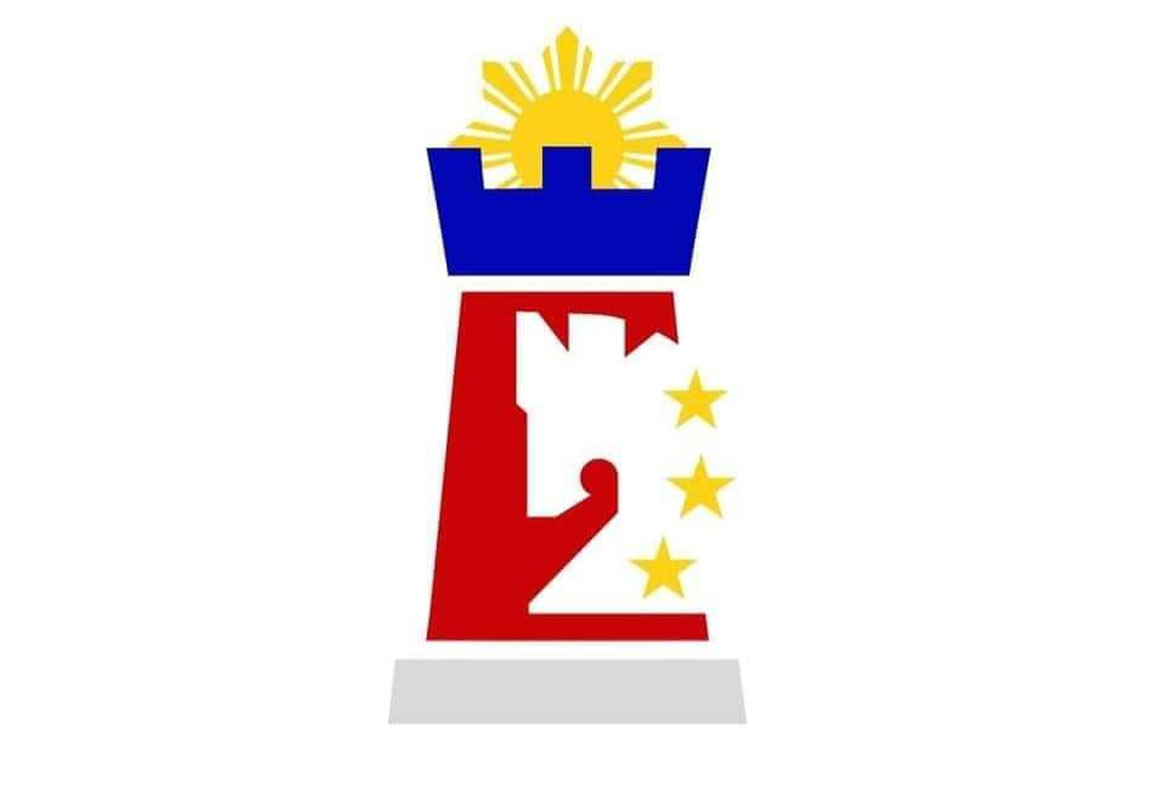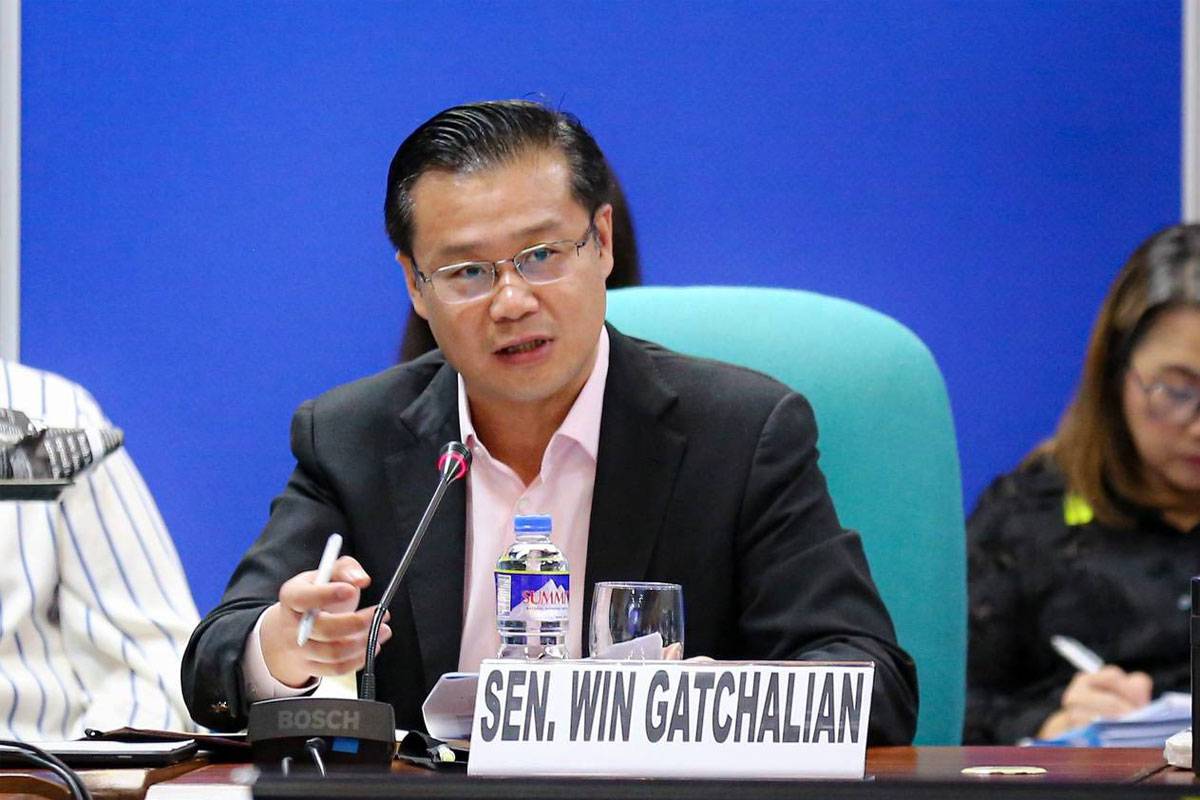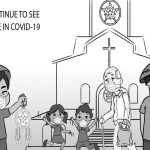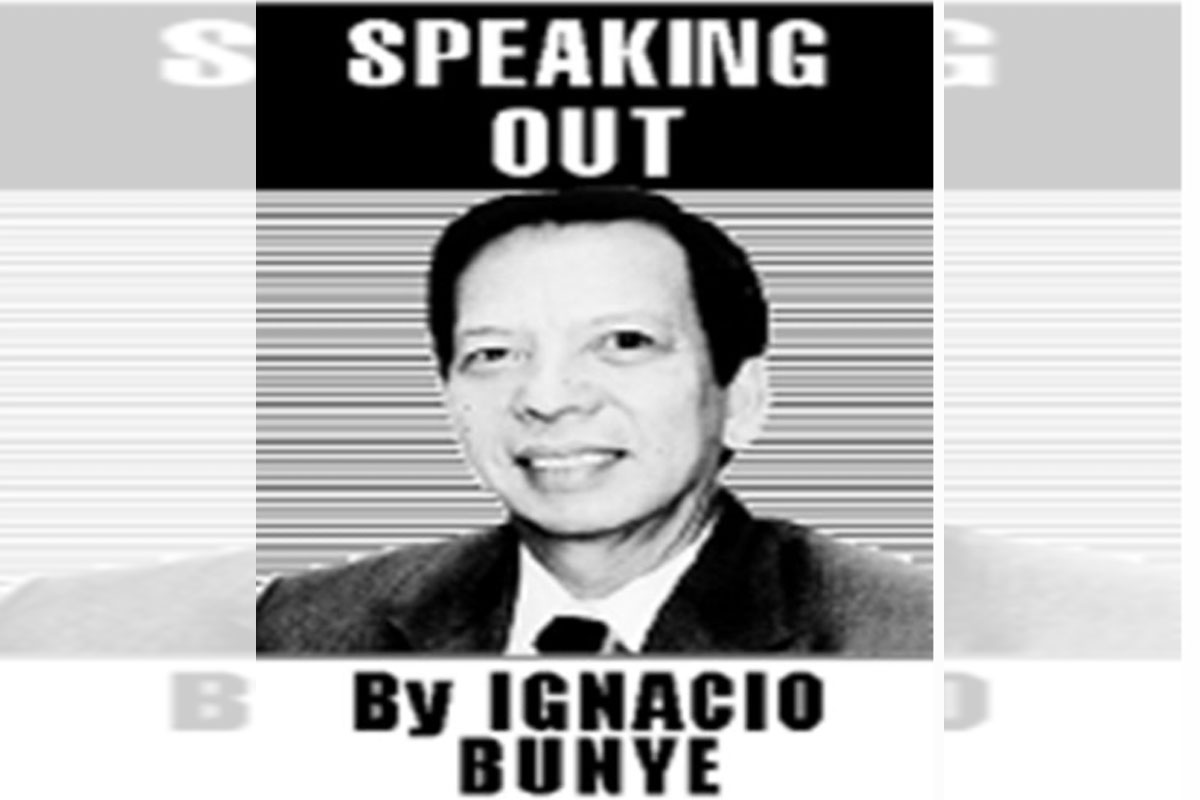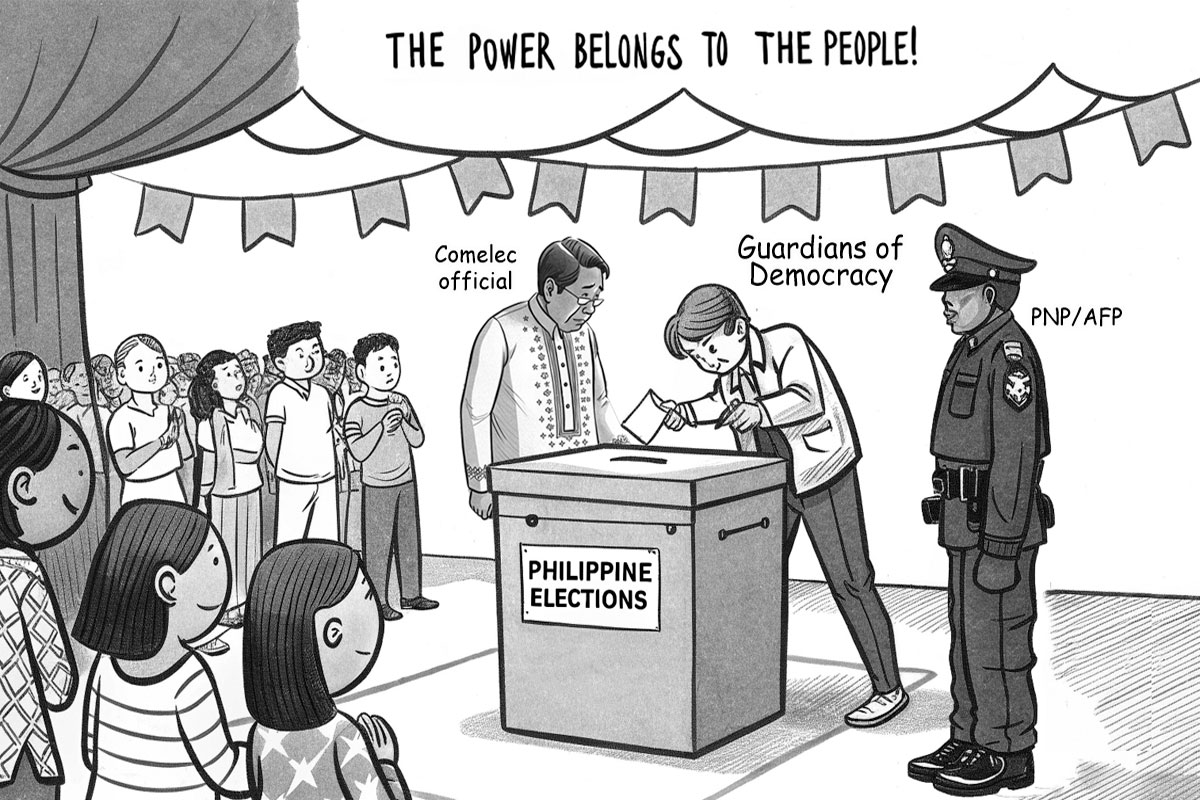
Carlos unveils world-class PNP Forensic Group
FROM Philippine National Police Crime Laboratory to PNP Forensic Group, the world-class team of SOCO or Scene-of-Crime-Operations investigators officially got its new name during ceremonies led by PNP chief, General Dionardo B. Carlos.
Now headed by Brigadier Gen. Belli B. Tamayo of the Philippine Military Academy ‘Tanglaw Diwa’ Class of 1992, the unit which boasts of state-of-the-art equipment provides scientific investigation and technical support to PNP offices, other investigative agencies and the public thru forensic examinations, field work, scene-of-crime-operations and training and research.
At present, the PNP Forensic Group has five National Capital Region District Offices, 16 Regional Forensic Offices and 101 Provincial Forensic Laboratory Offices which offers its services on aspects such as autopsy, DNA examination, drug test, examination of altered/erased documents, counterfeit bills and fingerprinting.
Known for being guided by the principle “Discipline, Excellence and Integrity,’ the unit continues to be more relevant in criminal investigation for the pursuit of truth and justice thru the application of forensic science.
Officers and men of the unit are known as the ‘unsung heroes’ who helped convict murderers, rapists, forgers, drug traffickers and terror bombers or identify victims of landslides, fire and other catastrophes in the past with the use of high-end technical instruments such as rapid DNA analyzers, comparison microscope units, portable chemical detectors and document analyzers.
The PNP Forensic Group is also a key in the successful war on drugs by the Duterte government as it is always involved in the examination of confiscated drug evidence and the drug testing of arrested lawbreakers as well as the conduct of random testing on police personnel in line with the PNP’s Internal Cleansing Program.
Last week, Carlos unveiled the PNP Forensic Group marker and logo and led the inauguration of the Forensic Group Display Gallery of vintage equipment used in forensic examination since the start of modern science.
Tamayo replaced newly-retired Brig. Gen. Pascual G. Muñoz Jr. of PMA ‘Bigkis Lahi’ Class of 1992.
According to the official, the renaming of the PNP Crime Laboratory to PNP Forensic Group was intended to identify and align its nomenclature with that of Asian countries which adopt the term “Forensic” for its units providing forensic services.
“The Group saw continuous improvements and has advanced through the years with the establishment of Forensic Divisions such as the Medico-Legal, Chemistry, DNA Laboratory Branch, Physical Identification, Firearms Identification, Questioned Document Examination, Polygraph, and Fingerprint Identification thereby ensuring a high-level, competent, and credible application of forensic science in crime processing which are indispensible in the effective delivery of justice,” Gen. Carlos said.
“As agents of forensic science, you complement the vital work of the PNP Directorate for Investigation and Detective Management and support the work of police investigators in the field by analyzing and ensuring the integrity of the evidence collected by them in order to establish facts admissible as evidence in the court of law,” he told officers and men of the group.
Carlos explained that the PNP and other Philippine law enforcement agencies are members of the Asian Forensic Science Network (AFSN) that was established in 2008 with the purpose of providing a platform for forensic scientists in Asia to come together to discuss, share, and advance forensic science.
“Thus, the name Forensic Group is consistent with and descriptive of its functions in the field of forensic. Without you and forensic science, the nation’s biggest and sensational crime cases will go unpunished while the worst murderers, rapists, drug addicts and terrorists will continue to walk free,’ he said.
Just this year, the PNP Crime Laboratory successfully hosted the 13th AFSN Annual Meeting and Symposium through online platform.
The AFSN has a Quality Assurance and Standards Committee and eight Technical Working Groups namely Crime Scene Investigation, Digital Forensics, DNA, Fingerprint, Illicit Drugs, Toxicology, Trace Evidence, and Questioned Document.
The unveiling of the Group’s marker and logo was followed by the inauguration of the PNP Forensic Group Display Gallery that depicts the evolution of forensic technology and techniques used by the Unit from simple to a more sophisticated equipment to keep abreast with the emerging new technology and to be globally competent in delivering forensic services as evident by its ISO 9001:2015 Certification.
The first PNP Unit to be ISO 9001 certified since 2006, the Group successfully hurdled the 1st Surveillance Audit with Site Inclusion wherein six Forensic Units are now included in the Quality Management System namely: Regional Forensic Units 3, 7, 11 and Cordillera and Quezon City and Northern Police Distict Forensic Unit.
The PNP Crime Laboratory was renamed PNP Forensic Group through General Orders Number DPL-20-32, pursuant to Napolcom Resolution No. 2021-1275 dated September 30, 2021 and shall continue to perform its mandates as provided for under Section 35(a) of Republic Act no. 6975 in providing scientific and investigative aid and support to the PNP and other government investigative agencies.
“Guided by the core values of Discipline, Excellence and Integrity, may you continue to make yourselves relevant and useful by providing world class scientific services and technical support to PNP Offices and other law enforcement agencies of the government towards the shared goal of a sustainable and equitable progress,” Carlos said.








